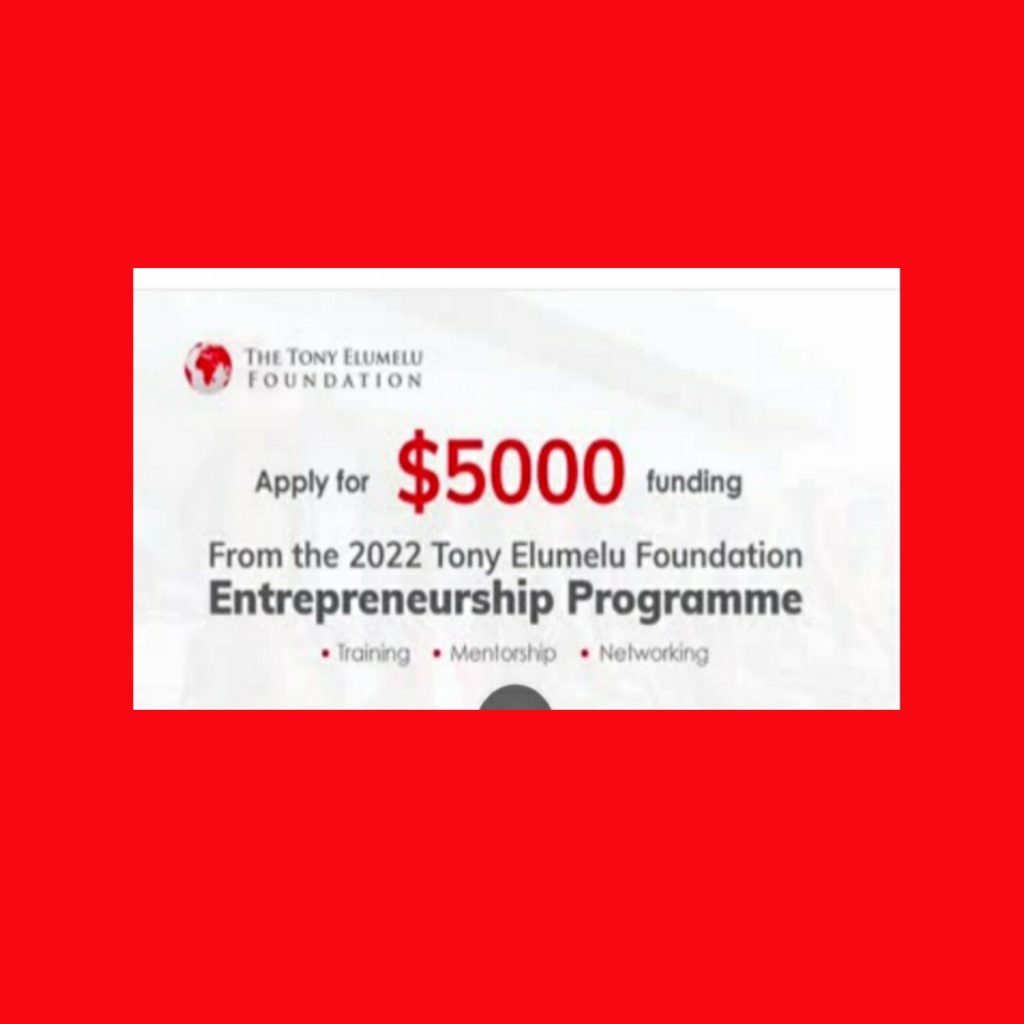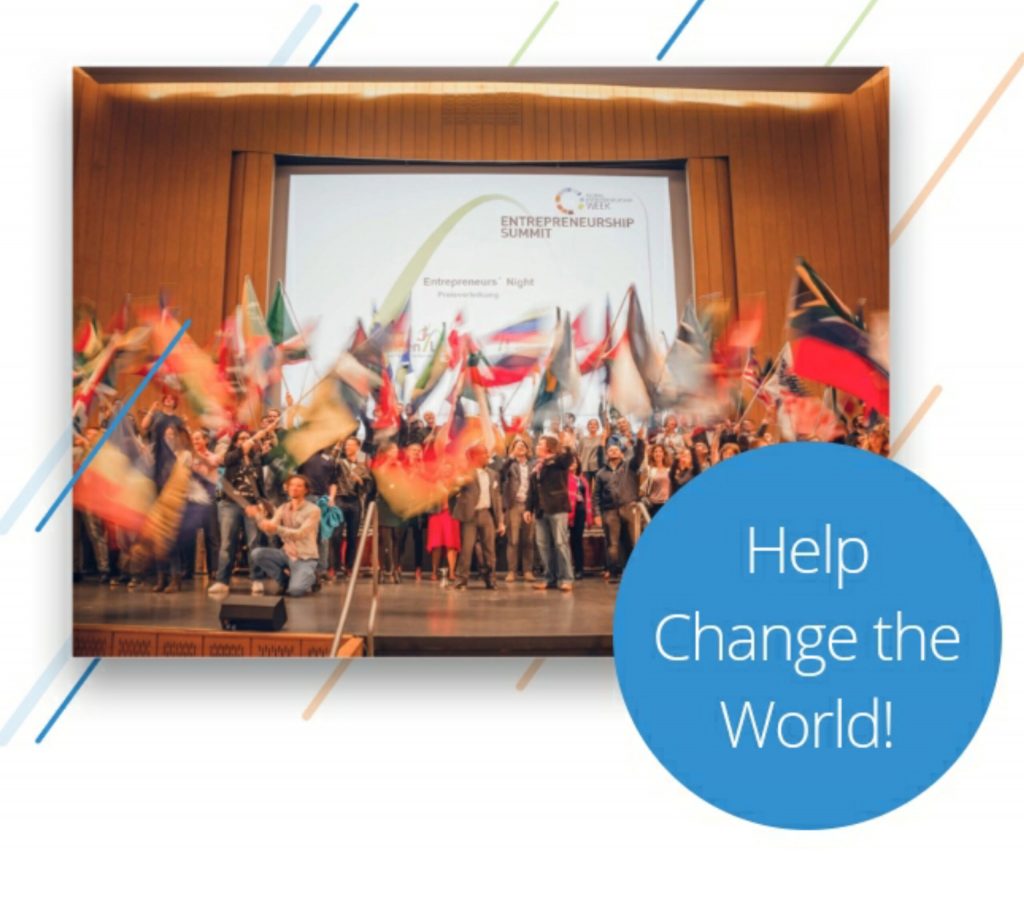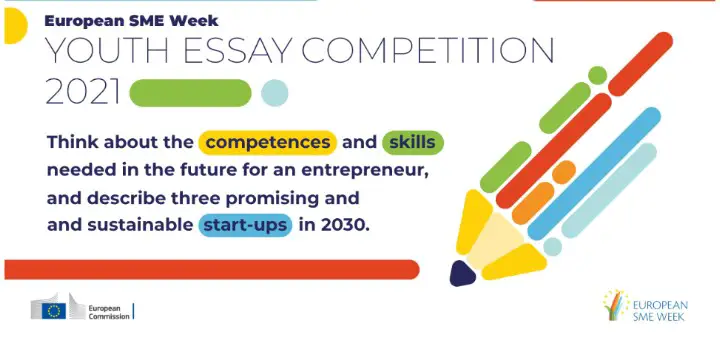
Table of Contents
About the UNESCO Prize for Girls and Women’s Education
UNESCO has launched the call for nominations for the 2024 UNESCO Prize for Girls and Women’s Education. The Prize annually awards US$ 50,000 to two outstanding laureates.
Up to three people, institutions, or organizations that have made exceptional contributions to the education of girls and women are now invited to be nominated by the governments of UNESCO Member States and non-governmental organizations (NGOs) in formal partnership with UNESCO.
The UNESCO Prize for Girls’ and Women’s Education recognizes exceptional creativity and contributions made by people, groups, and establishments to the advancement of women’s and girls’ education. It will be the first UNESCO Prize of its kind, showcasing exceptional initiatives that enhance and advance women’s and girls’ educational opportunities and, consequently, the quality of their lives.
The International Jury, which consisted of five specialists in women’s and girls’ education, made recommendations to the Director-General of UNESCO, who then chose the two winners of the inaugural edition of the Prize. In an official ceremony held in Beijing, People’s Republic of China in June 2016, the Prize was given for the first time to two exceptional projects from Zimbabwe and Indonesia.
Selection Criteria
The Director-General of UNESCO will choose the two Prize winners based on the suggestions put forth by the five experts from around the world who make up the impartial International Jury of the UNESCO Prize on Girls’ and Women’s Education. The following standards will be used by the Jury to evaluate the nominee’s project or program:
- Impact: The project or program’s impact should be qualitatively and/or quantitatively measureable and deliver tangible results relative to the invested resources. This can include demonstrable changes in: (1) attitudes, beliefs, and practices toward gender equality; (2) girls’ educational participation, attendance, completion, and learning outcomes; and/or (3) other relevant parameters to advance girls’ and women’s education.
- Innovation: The project/programme is stimulating, and/or drawing on, innovative approaches advancing girls’ and women’s education. This includes new ways of working where “business as usual” has failed, and transformative “out-of-the-box” thinking and actions. The project/programme can demonstrate innovation in terms of: (1) the themes covered; (2) the methodology employed; (3) the channels used to create change for girls and women; and/or (4) other aspects.
- Sustainability: The project/programme has taken steps, ideally from its design or implementation phases, to ensure it will have a lasting impact beyond the project lifecycle. This may include efforts to ensure the: (1) continuation of local action; (2) institutionalization of project components; and (3) generation of further initiatives as a result of the project/programme.
Eligibility Criteria
In addition to these three criteria, the project/programme should:
- have already been running for at least two years
- show evidence that it may be replicable, scalable and/or provide significant learning potential for initiatives in other contexts
- contribute to one or more of the five priority action areas of the Prize:
- 1. supporting girls/adolescent girls to transition from primary education to lower secondary education and to complete full basic education;
- 2. supporting adolescent girls and young women to acquire literacy skills;
- 3. supporting the creation of a gender-responsive and safe teaching-learning environment, free of school-related gender-based violence;
- 4. engaging female and male teachers to develop gender-responsive teaching attitudes and practices and be change agents; or
- 5. supporting adolescent girls and young women to acquire knowledge and skills for them to adequately transition from school to work and lead a fulfilling life.
How to Apply
To be eligible for the UNESCO International Literacy Prizes, nominations must be submitted through the online platform, which is only accessible to UNESCO Member States and NGOs officially partnered with UNESCO. The nominations will be evaluated by a panel of five independent experts based on the project’s potential for impact, innovation, and sustainability.
To be considered, all nominations must be submitted by May 24, 2024. The Permanent Delegation to UNESCO of the concerned Member State or an NGO in official partnership with UNESCO must complete the online nomination through their official account.
Candidates also apply to:
The 2024 MILEAD Fellows Program for Young African Women Leaders
Grant Opportunity: Apply Now for the British Institute BIEA Bringing Research Home Grant 2024/2025!
University of Manitoba Scholarships 2024: Study in Canada Funded!
Germany SBW Berlin Scholarships for International Students In 2024






